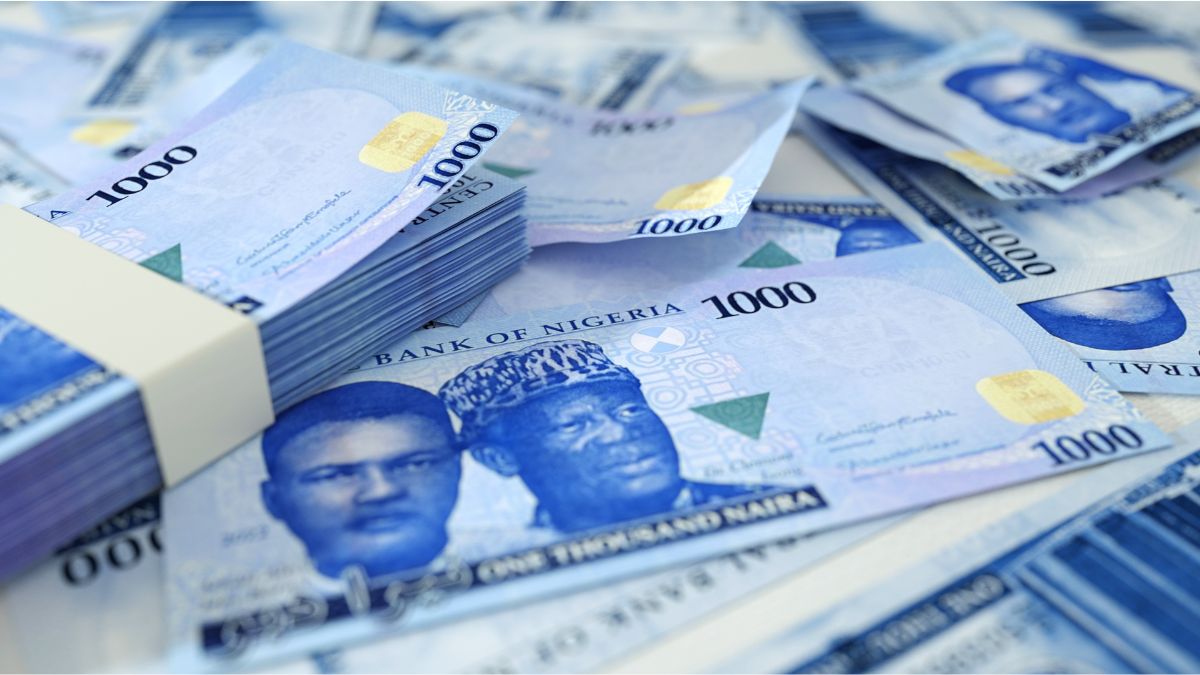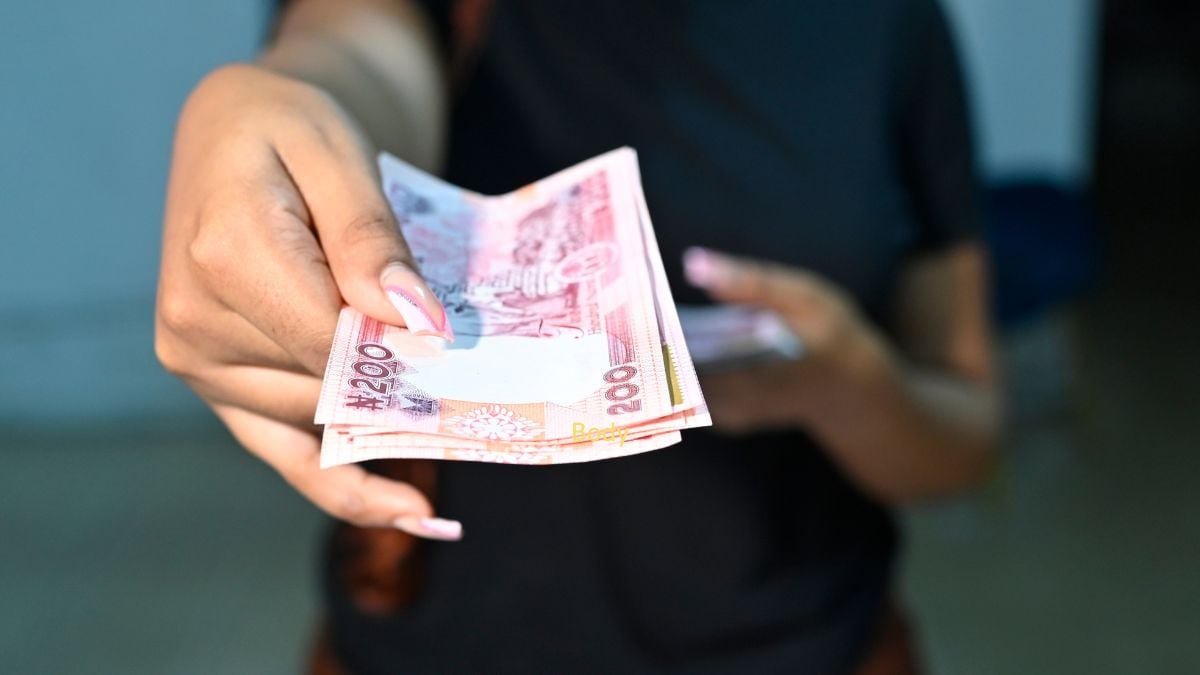Nigeria’s foreign exchange reserves have become a focal point of recent economic discussions. The past two weeks saw a sharp decline of $1.02 billion, raising concerns about the sustainability of efforts to bolster the Naira. Data from The Punch newspaper reveals that Nigeria’s foreign reserves dropped from $34.45 billion on April 3rd to $33.50 billion currently.
This decline coincides with the CBN’s active intervention in the foreign exchange market. During the days under review, the Central Bank of Nigeria made two significant announcements. First, it declared the complete clearance of the valid foreign exchange backlog. Second, it facilitated the sale of foreign exchange to Bureau De Change operators in Nigeria at an exchange rate of N1,251/$1 in an attempt to strengthen the Naira.
This strategy has provided some immediate stability for the local currency. However, this intervention comes at a cost. The rapid depletion of foreign reserves could pose challenges for Nigeria’s economic future. Balancing currency stability with the need to maintain healthy reserve levels is a critical challenge for Nigeria’s economic future.
Before this recent dip, Nigeria’s foreign reserves had been on a positive trajectory. Data shows a 43-day spike between February 5th and March 18th, 2024, resulting in a $1.28 billion increase. This growth was attributed to positive economic factors such as rising diaspora remittances and increased foreign investment, both of which contributed to a higher inflow of foreign currency.
However, the International Monetary Fund (IMF) paints a less optimistic picture for the future. The IMF projects a significant decline in Nigeria’s foreign reserves, with a potential drop to $24 billion by the end of 2024. This projection is based on several factors, including a lack of new Eurobond issuances, substantial debt repayments, and ongoing portfolio outflows.
Related Articles:
Nigeria faces a delicate balancing act. Moving forward, Nigeria needs a multi-pronged approach to ensure long-term economic stability. This could involve diversifying revenue streams beyond oil exports – which currently account for over 80% of Nigeria’s export earnings- attracting more foreign investment, promoting exports through targeted policies, and maintaining fiscal discipline to control government spending and manage debt effectively. The World Bank recommends that Nigeria prioritize reducing its debt-to-GDP ratio, which currently stands at around 35%, to ensure long-term economic sustainability. By taking these steps, Nigeria can achieve a more balanced approach to managing its foreign exchange reserves and ensure its long-term economic health.












This Post Has 0 Comments